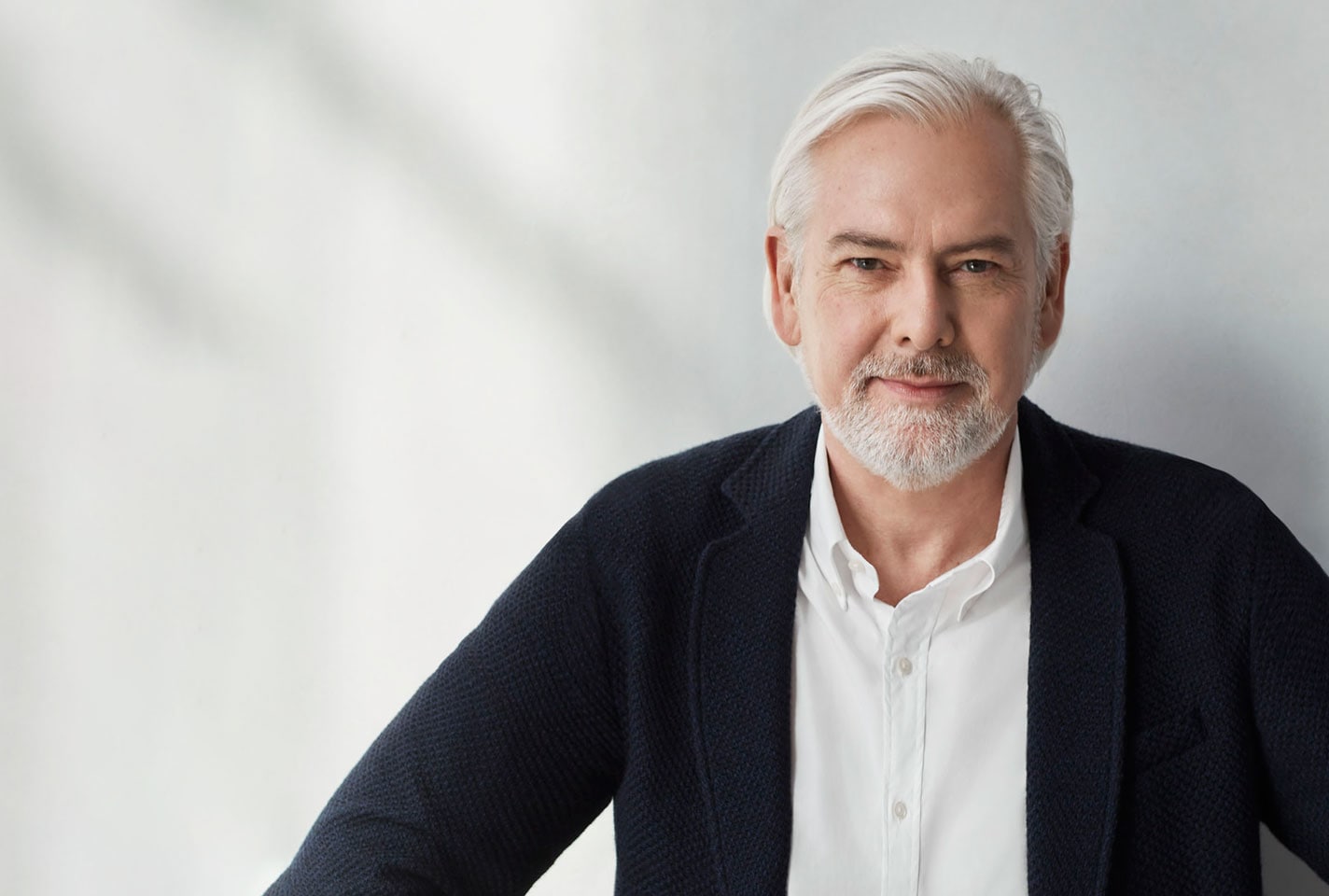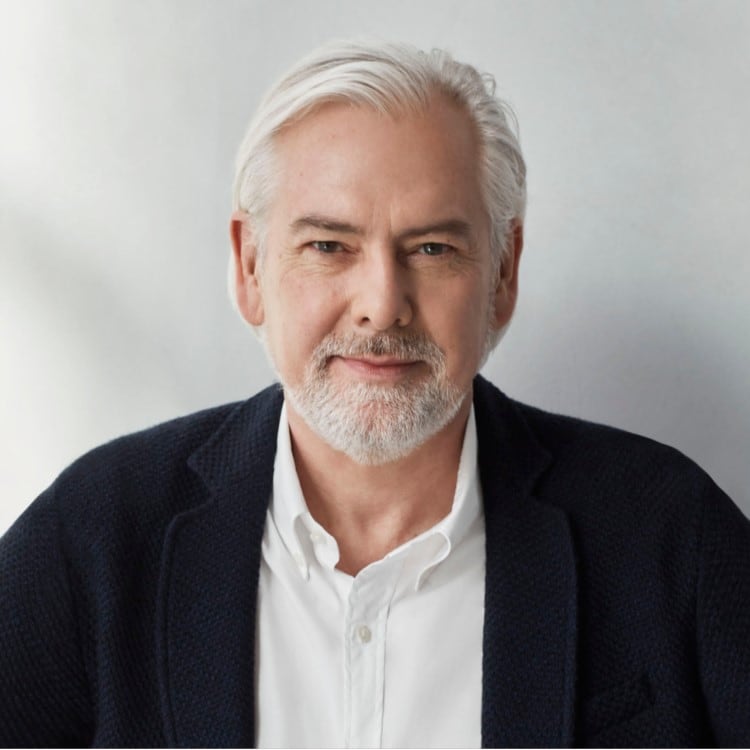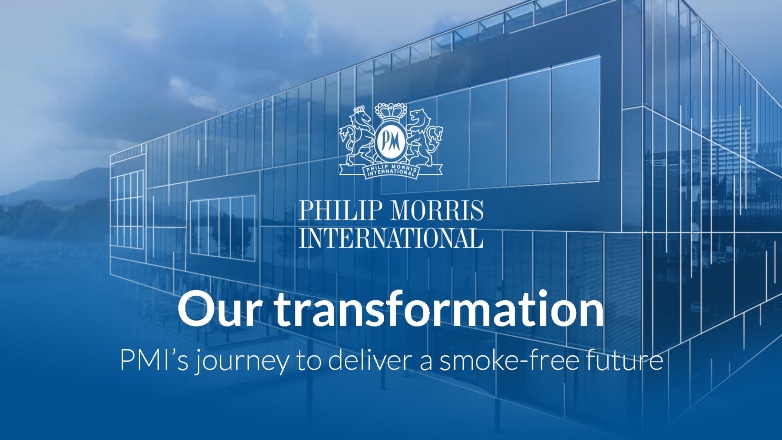One billion.
That’s the approximate number of smokers in the world today according to public health data.
And based on current trends, this figure is not expected to change in the near future.
It’s time to make smoking history
Music starts.
words appear on screen reading:
We built the world's most successful cigarette company
But now we've committed to stop selling cigarettes for good.
Jacek Olczak, CEO, Philip Morris International, speaks to camera:
The evidence is clear. Smoke-free alternatives can accelerate the end of smoking.Words appear on screen reading:
That's why we have a range of products that give
adult smokers better alternatives to cigarettes.
Emmanuel Babeau, Chief Financial Officer, Philip Morris International speaks:
I believe that nobody today can seriously challenge how genuine we are in delivering this ambition.
Voiceover of Stacey Kennedy, President Americas and CEO PMI's US business, is heard:
We are building our company's future around better alternatives to smoking.
Words appear on screen:
The proof?
Over 41 million adults are now using our range of smoke-free products
Source: PMI Q2 2025 earnings.
in 100 markets across the globe.
Source: PMI Q3 2025 earnings.
Scott Coutts, Senior Vice President Operations, Philip Morris International, speaks to camera:
When we say we want to do something, we can change the industry as we're doing today.
Serge Maeder, Global Head of RRP System Innovation, Philip Morris International, speaks to camera:
We have a chance in the next 10 years to go full smoke-free products in PMI.
Words appear on screen:
By 2030, we aim to have more than
2/3rds of our global net revenues come from our smoke-free business.
Source: PMI Integrated Report 2024
We are currently at 41%.
Source: As of September 30, 2025. PMI Q3 2025 earnings.
Jacek Olczak, CEO, Philip Morris International, speaks to camera:
The world has to move now to help smokers to move to the better alternative.
Words appear on screen:
All our smoke-free products are backed by science.
Stefano Volpetti, President SFP Category and CCO, Philip Morris International, speaks to camera:
We are sitting on something that can change the trajectory of public health.
Words appear on screen:
In 2020, the FDA authorized the marketing of our leading
heated tobacco brand as a modified risk tobacco product.
Badrul Chowdhury, Chief Life Sciences Officer, SFP, Philip Morris International, speaks to camera:
You actually have a product where the 100 or so chemicals
which are known to be harmful are reduced or eliminated.
That's the scientific breakthrough.
Words appear on screen: Smoke-free products are not risk-free and contain nicotine, which is addictive.
And in 2025 the FDA authorized our Number 1 nicotine pouch brand,
making it the 1st of its kind to be authorized.
Moira Gilchrist, Chief Communications Officer, Philip Morris International, speaks:
The science never stops. The investigation never stops.
And we're determined to provide the evidence that will convince regulators, not just FDA.
Stefano Volpetti speaks to camera:
We're going to get there faster if society, health regulators help us because
we have a responsibility to consumers out there to provide them with better alternatives.
Jacek Olczak speaks:
We can be saying, remember when people smoke?
It's time to make smoking history.
Philip Morris International's logo appears on screen.
Music ends
We are always clear: If you don’t smoke, don’t start. If you smoke, the best option is always to quit cigarettes and nicotine completely.
However, we know that in any given year only around one in 10 adult smokers will successfully
achieve this.
If the remaining 90 percent were given accurate information about—and access to—smoke-free alternatives, the number of smokers worldwide could be significantly reduced.
Our mission?
At PMI, we have made it our mission to deliver a smoke-free future and to transform for good.
There is robust science showing that our broad portfolio of smoke-free products, whilst not risk-free and addictive, represent a much better choice for adults than continued smoking. That’s because none of them involve
burning, resulting in significantly reduced average levels of harmful and potentially harmful constituents compared to a cigarette.
We strive to make the information about our smoke-free products as accessible as possible to adults, such as publishing engaging visual guides that the general public can explore to learn more about the differences between our smoke-free products and cigarettes.
The well-known risks of smoking have understandably led regulators to impose more restrictions on cigarettes than on most other consumer products. We agree that tobacco products should be subject to strict rules and regulations, and PMI respects governments’ authority and leadership role in protecting public health, supporting measures to dissuade people from smoking.
However,
international treaties intended to “limit industry influence”—are often misinterpreted and used to restrict legitimate debate. This must change. It’s time for more inclusive, pragmatic approaches.
It makes no sense
to prevent adult smokers who don’t quit from accessing these better alternatives or accurate information about them.
“Science—when vetted through peer review—is science,” says PMI’s Chief Executive Officer
Jacek Olczak. “Facts are facts. We need to remove the stigma that scientific innovation funded by a tobacco company cannot possibly be reliable or in the public interest. We need to stop excluding men and women who smoke from the conversation. These
are the people who have the most to gain from smoke-free alternatives. They must be allowed a voice.”
And our ultimate goal?
We are focused on delivering a smoke-free future. To date, we have dedicated more than 1,460 scientists, engineers and support staff, and over USD 14 billion in the research and
development of innovative smoke-free products that adult smokers can switch to.
Our ultimate goal? To stop selling cigarettes completely.
As of June 30, 2025, we estimate that over 41 million adults were using our smoke-free products.
A smoke-free future is attainable, and the benefits this can bring to the people who would otherwise
continue to smoke, and hence to global public health, are enormous.
But we cannot achieve this alone. There must be an open, meaningful dialogue about the role smoke-free products can play in the improvement of public health, and the effect
current legislation in many countries has in preventing adult smokers from getting all available information. We’re calling on leaders, policy makers, scientists, health professionals, and society as a whole to join this conversation—with
the goal of achieving a smoke-free future as soon as possible.
“It is through constructive engagement,” concludes Olczak, “that we will accelerate the pace of meaningful and impactful change.”







